There is an inverse relationship between reliance on the state and self-reliance
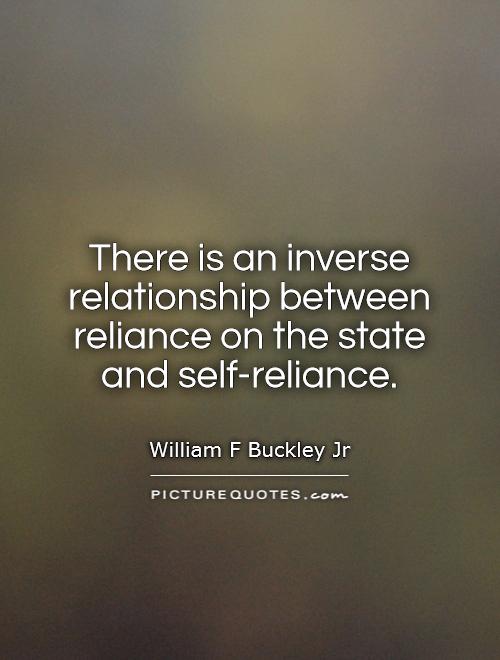
There is an inverse relationship between reliance on the state and self-reliance
William F. Buckley Jr. was a prominent conservative thinker and writer who often spoke about the importance of self-reliance and limited government intervention in people's lives. He believed that individuals should take responsibility for their own actions and not rely on the state to solve all their problems. Buckley argued that there is an inverse relationship between reliance on the state and self-reliance, meaning that the more people depend on the government for assistance, the less they are able to rely on themselves.Buckley believed that self-reliance was a fundamental American value that had been eroded by the growth of the welfare state. He argued that when the government provides for people's basic needs, it undermines their motivation to work hard and take care of themselves. This, in turn, leads to a cycle of dependency on the state that is difficult to break.
Buckley's words are particularly relevant in today's society, where there is a growing debate over the role of government in providing social services. Some argue that the state should play a larger role in ensuring that all citizens have access to basic necessities such as healthcare, education, and housing. Others, like Buckley, believe that individuals should be responsible for their own well-being and that government intervention should be limited.
The concept of self-reliance is deeply ingrained in American culture, dating back to the country's founding principles of individual liberty and personal responsibility. Buckley believed that self-reliance was essential for a free society to thrive, as it encourages people to take risks, innovate, and pursue their own goals without relying on government handouts.
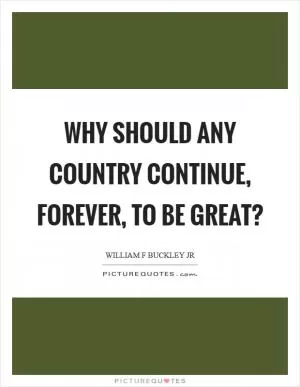
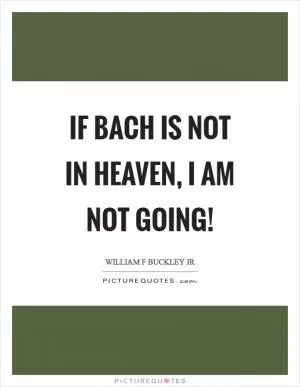
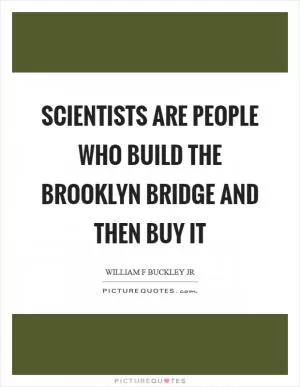
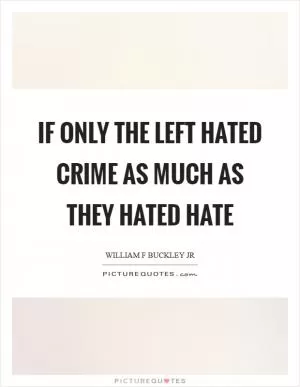
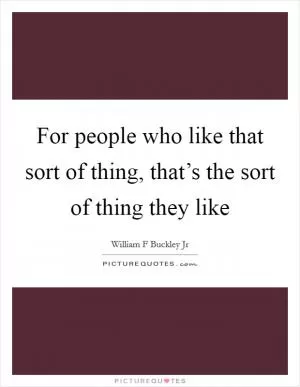

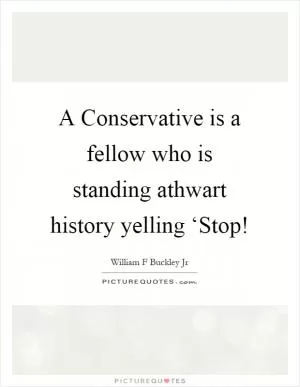
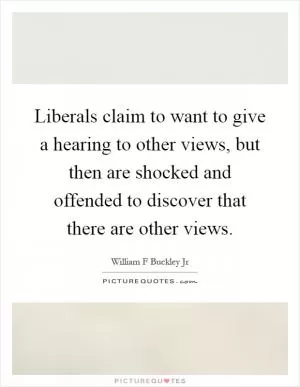
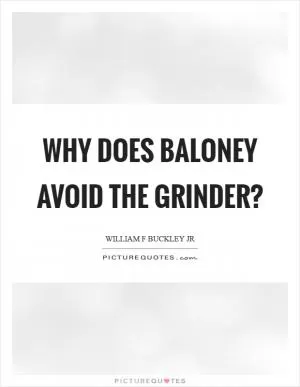
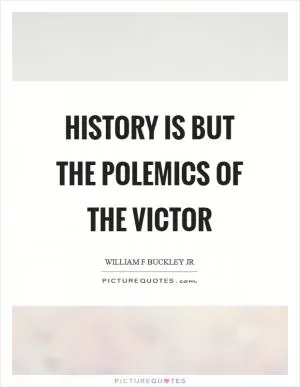
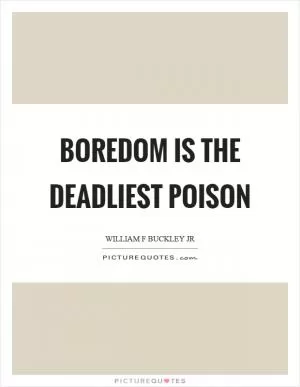
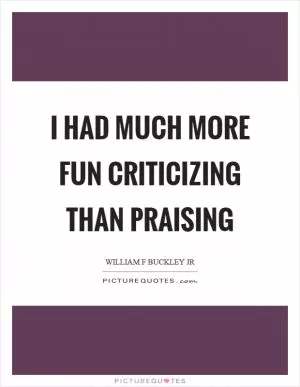
 Friendship Quotes
Friendship Quotes Love Quotes
Love Quotes Life Quotes
Life Quotes Funny Quotes
Funny Quotes Motivational Quotes
Motivational Quotes Inspirational Quotes
Inspirational Quotes